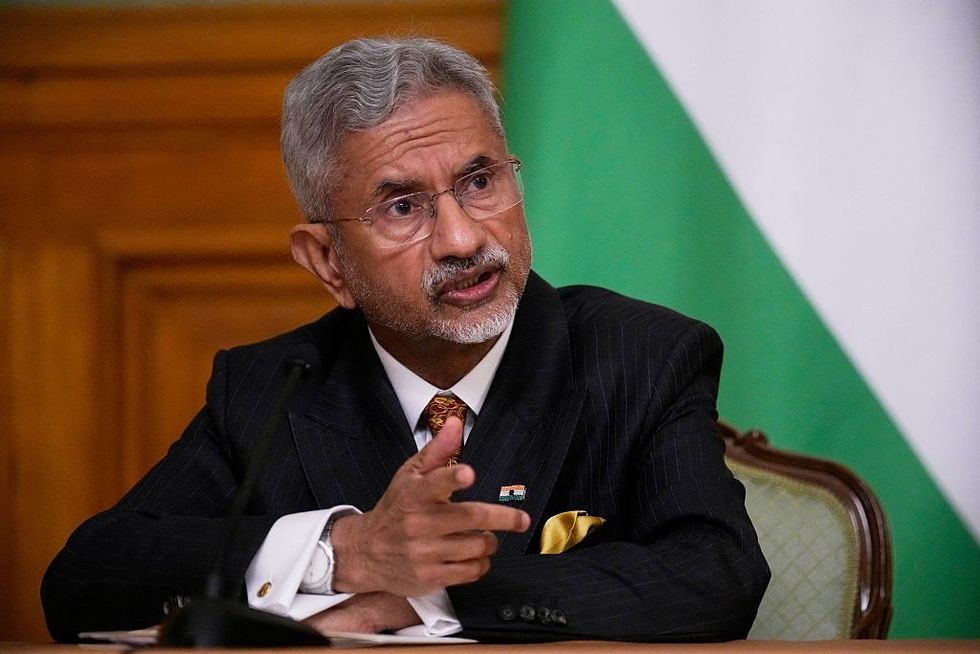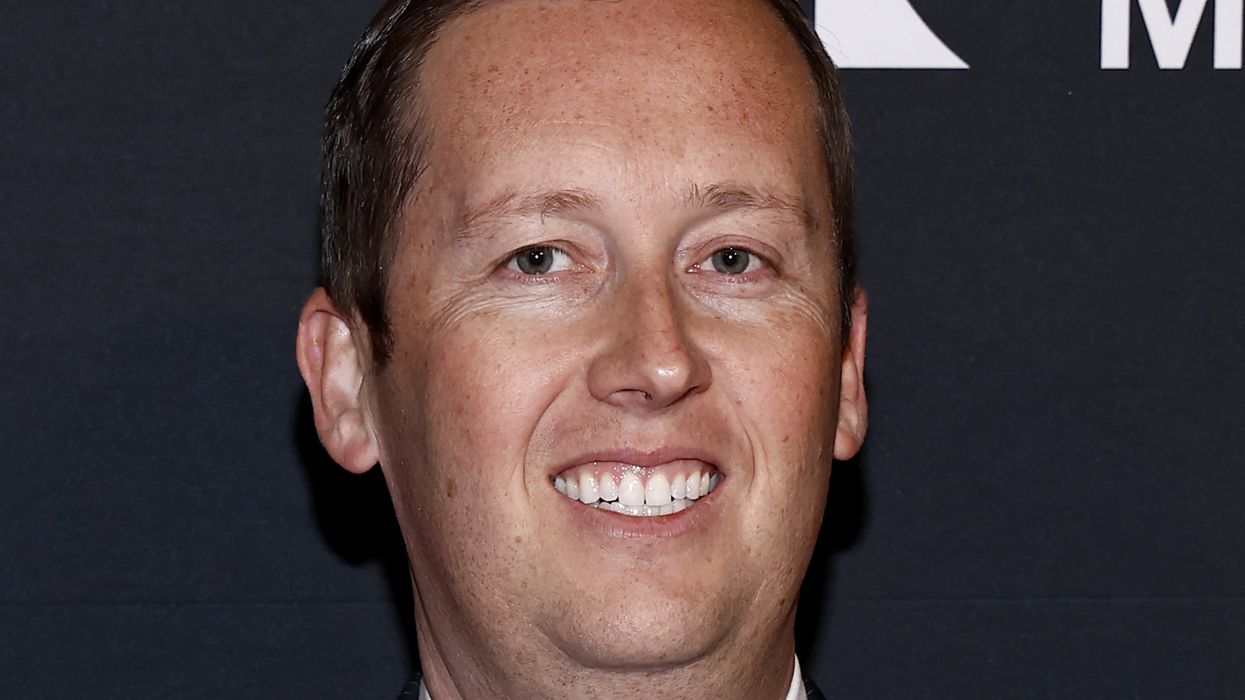US president Donald Trump said on Friday (22) he would nominate Sergio Gor, one of his closest aides, to be the next US ambassador to India, where he will oversee frosty relations that have worsened with the planned doubling of US tariffs on goods from India next week.
Gor, who is currently the director of the White House Presidential Personnel Office, would also serve as a special envoy for South and Central Asian affairs, Trump said.
Trump said in a post on his Truth Social account that Gor would remain in his current position until he is confirmed for the India post by the US Senate.
"Sergio is a great friend, who has been at my side for many years. He worked on my Historic Presidential Campaigns, published my Best Selling Books, and ran one of the biggest Super PACs, which supported our Movement," Trump said, lauding Gor's work in hiring staff for his second term.
"For the most populous Region in the World, it is important that I have someone I can fully trust to deliver on my Agenda and help us, MAKE AMERICA GREAT AGAIN," Trump wrote.
US-India ties have been strained by Trump's trade war, with talks on lower tariff rates collapsing after India, the world's fifth-largest economy, resisted opening its vast agricultural and dairy sectors. Bilateral trade between the two countries is worth more than $190 billion each year.
Gor, in a posting on X, thanked Trump for the nomination and said it would be "the honor of my life" to represent the US in the new role.
Trump first imposed additional tariffs of 25 per cent on imports from India, then said they would double to 50 per cent from August 27 as punishment for New Delhi's increased purchases of Russian oil. Trump has not imposed similar tariffs on goods from China, the biggest purchaser of Russian oil.
US Treasury Secretary Scott Bessent on Tuesday (19) accused India of "profiteering" in its sharply increased purchases of Russian oil during the war in Ukraine and said Washington viewed the situation as unacceptable.
Bessent told CNBC in an interview that Russian oil now accounted for 42 per cent of India's total oil purchases, up from under one per cent before the war, while China, the largest purchaser of Russian oil, had increased its share to 16 per cent from 13 per cent.
India is addressing its future trade relationship with the United States with a "very open mind", trade minister Piyush Goyal said on Friday, while underscoring the consequential and important nature of the relationship to both countries.
Trump's announcement about Gor's nomination came shortly after the abrupt cancellation of a planned visit by US trade negotiators to New Delhi from August 25-29.
Meanwhile, India's foreign minister said on Saturday (23) that trade negotiations with Washington are continuing but there are lines that New Delhi needs to defend, just days before hefty additional US tariffs are due to hit.

"We have some redlines in the negotiations, to be maintained and defended," Subrahmanyam Jaishankar said at an Economic Times forum event in New Delhi, singling out the interests of the country's farmers and small producers.
"It is our right to make decisions in our 'national interest'," Jaishankar said. "The longer-term harm could be even greater as a high tariff could puncture India’s appeal as a global manufacturing hub."
The Indian minister described Trump's policy announcements as "unusual".
"We have not had a US president who conducts his foreign policy so publicly as the current one and (it) is a departure from the traditional way of conducting business with the world," Jaishankar said.
He also said Washington's concern over India's Russian oil purchases was not being applied to other major buyers such as China and European Union.
"If the argument is oil, then there are (other) big buyers. If argument is who is trading more (with Russia), than there are bigger traders," he said.
Russia-European trade is bigger than India-Russia trade, he added.
The minister also said India's purchases of Russian oil had not been raised in earlier trade talks with the US before the public announcement of tariffs.
(Reuters)





